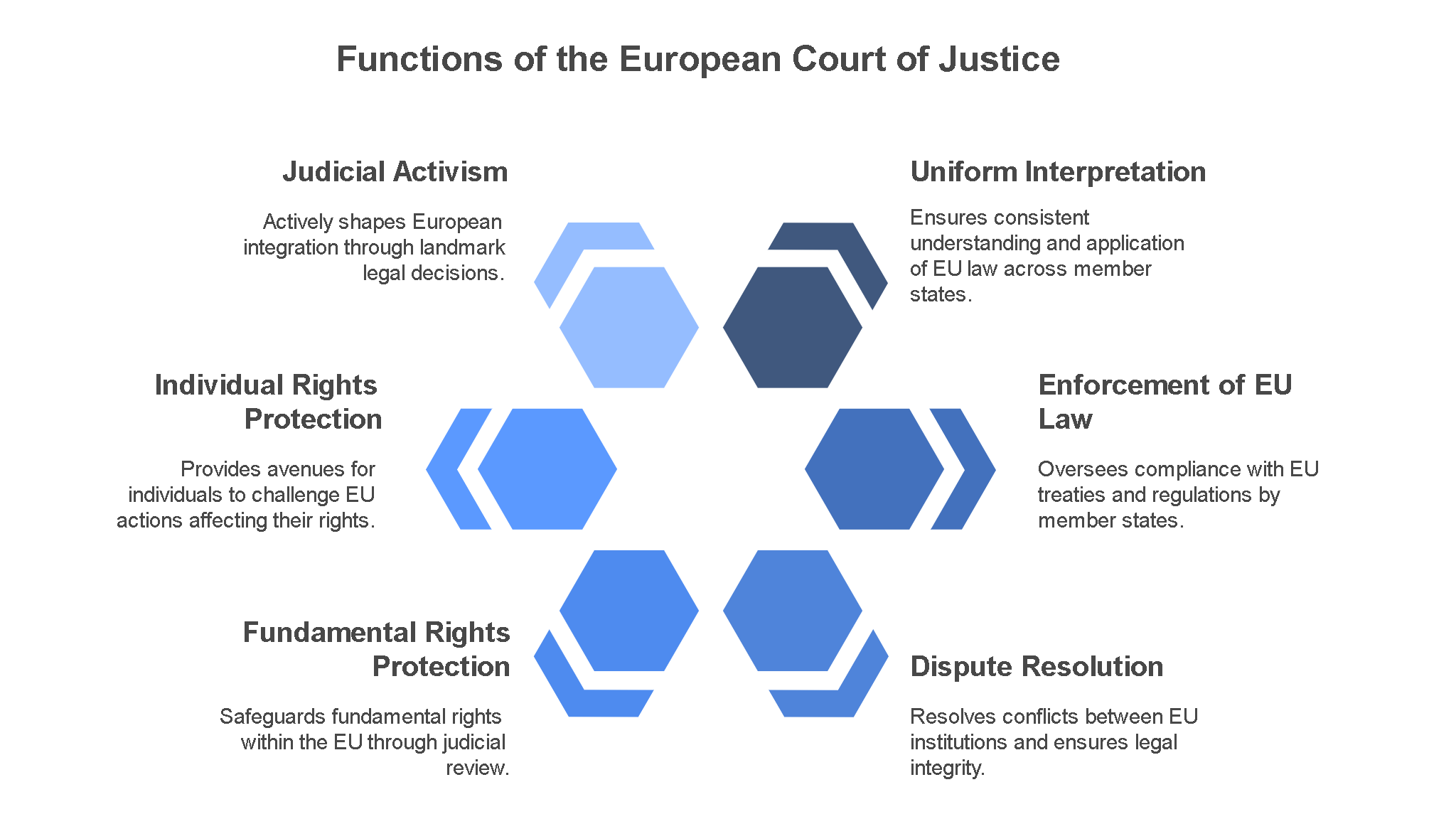The Frankfurt School, also known as the Institute for Social Research, was a group of interdisciplinary scholars associated with the University of Frankfurt in Germany. Founded in the early 20th century, the Frankfurt School played a significant role in shaping critical theory, cultural studies, and the study of modern society. The school’s members included prominent intellectuals such as Max Horkheimer, Theodor Adorno, Herbert Marcuse, Walter Benjamin, and Erich Fromm, among others.
The Frankfurt School emerged in the aftermath of World War I, during a period of profound social, political, and economic upheaval in Europe. Influenced by Marxist theory, psychoanalysis, and existentialism, the Frankfurt School sought to understand the dynamics of capitalism, mass culture, and social alienation in modern industrial society. The school’s scholars conducted interdisciplinary research into various aspects of modernity, including mass media, consumer culture, authoritarianism, and the rise of fascism.
One of the key concepts developed by the Frankfurt School is the idea of the “culture industry,” which refers to the commodification and standardization of culture under capitalism. The school’s scholars argued that mass media, entertainment, and advertising serve to homogenize and manipulate popular culture, perpetuating ideological conformity and reinforcing dominant power structures. They critiqued the culture industry for promoting consumerism, conformity, and false consciousness among the masses.
Another important concept associated with the Frankfurt School is the notion of “critical theory,” which refers to a mode of inquiry that seeks to uncover the underlying social, economic, and political mechanisms that perpetuate oppression and inequality. Critical theory combines insights from Marxism, psychoanalysis, and sociology to analyze the contradictions and tensions within capitalist societies, with the aim of promoting social change and emancipation. The Frankfurt School’s scholars engaged in critical analyses of various aspects of modern society, including the role of technology, the media, and the state in shaping social relations and consciousness.
The Frankfurt School also made significant contributions to the study of authoritarianism and totalitarianism. In the wake of the rise of fascism in Europe and the horrors of World War II, scholars such as Theodor Adorno and Max Horkheimer conducted research into the psychological and social factors that contribute to the emergence of authoritarian regimes. Their influential work, “The Authoritarian Personality” (1950), explored the psychological roots of fascism and the role of authoritarianism in perpetuating social hierarchy and oppression.
Additionally, the Frankfurt School addressed issues of social alienation, individuality, and freedom in modern capitalist societies. Scholars such as Herbert Marcuse and Erich Fromm critiqued the “one-dimensional” society characterized by repressive social norms, alienated labor, and consumerist culture. They argued for the importance of reclaiming individual autonomy, creativity, and humanistic values in the face of oppressive social structures.
Overall, the Frankfurt School’s contributions to social theory, cultural critique, and political philosophy have had a profound and lasting impact on the study of modern society. By combining Marxist analysis with insights from psychoanalysis, sociology, and philosophy, the Frankfurt School provided a critical perspective on the dynamics of capitalism, culture, and power, laying the groundwork for contemporary debates about social justice, democracy, and the future of humanity.



Leave a Reply